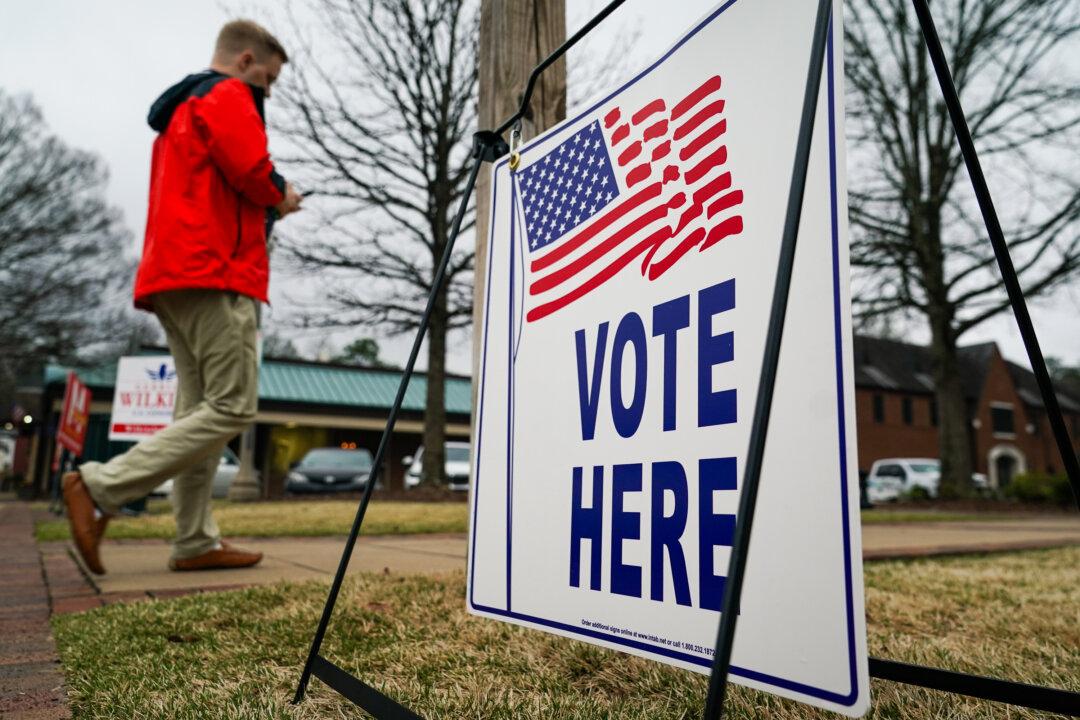A federal judge on Sept. 24 blocked parts of an Alabama law, ruling that prohibiting assistance to some mail-in voters violates the federal Voting Rights Act.
The law, Senate Bill 1, bars voters from paying or providing gifts to people to distribute, order, request, collect, prefill, complete, obtain, or deliver applications for mail-in ballots, which are also known as absentee ballots.





